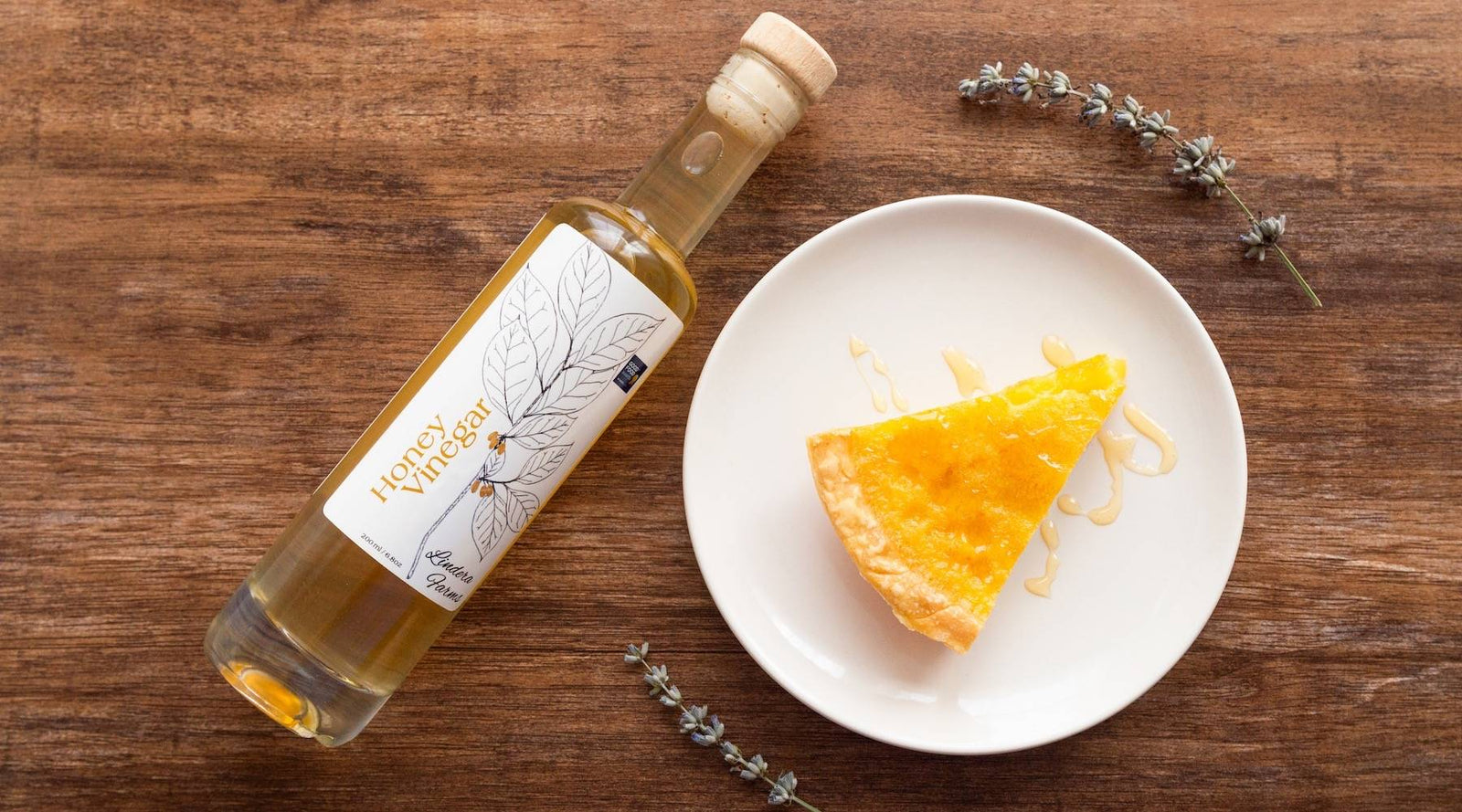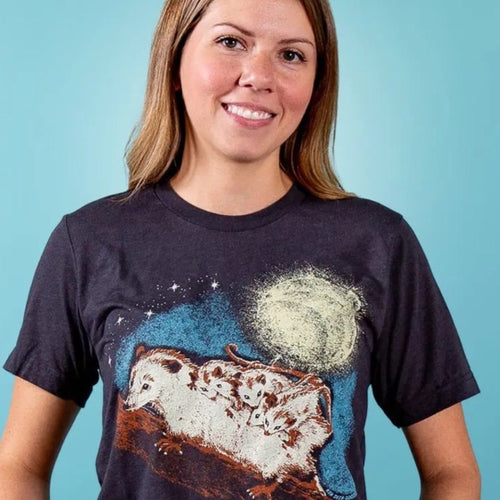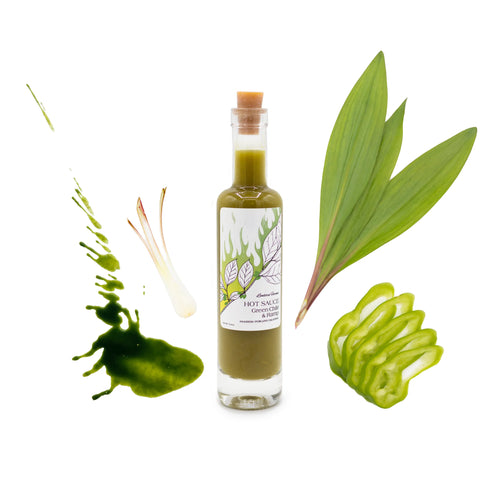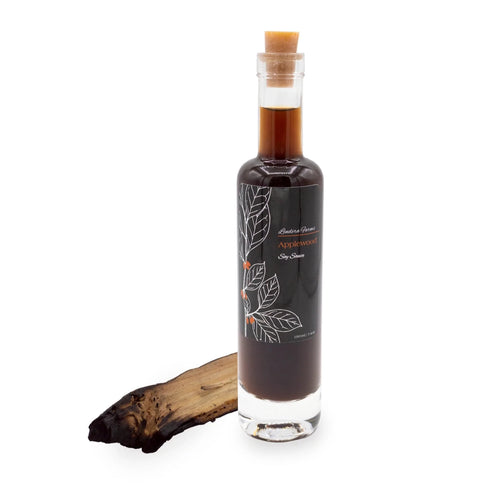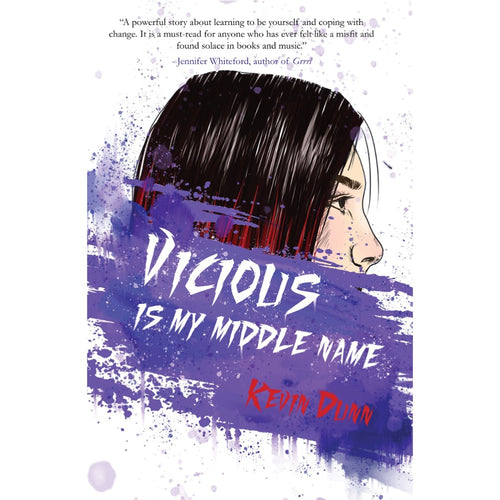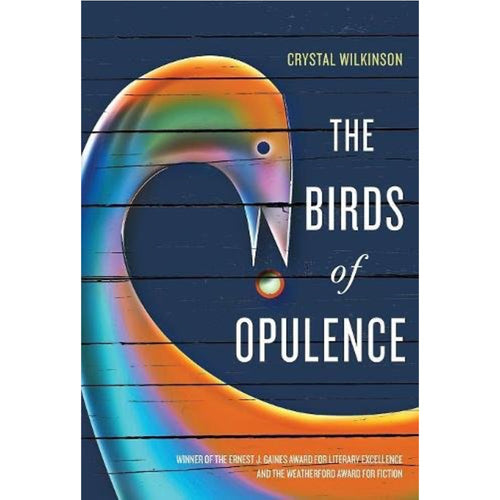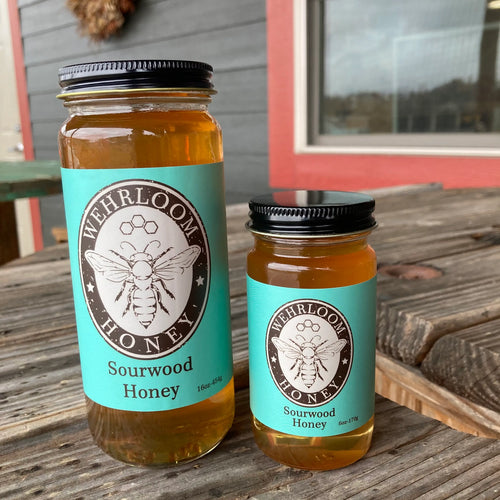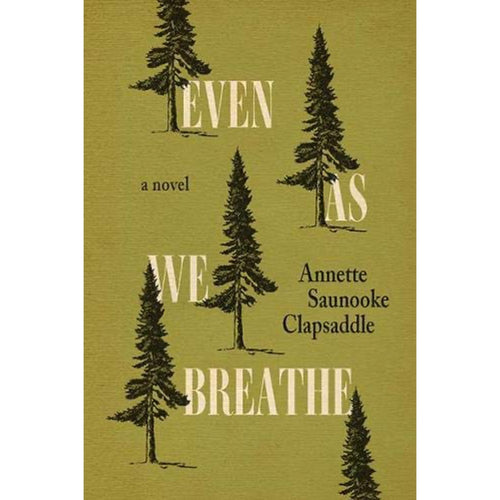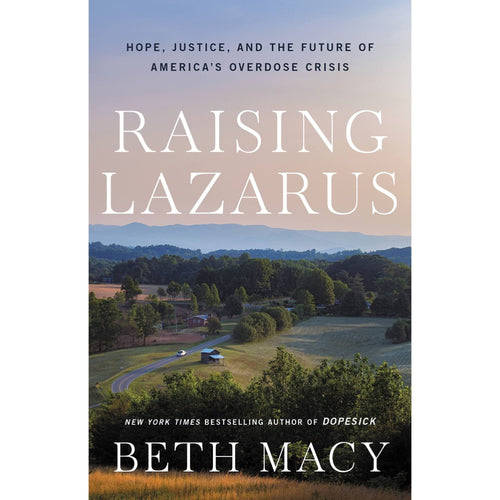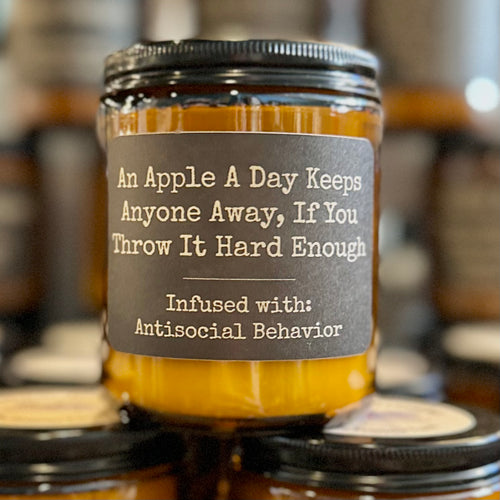
I adore these objects; they keep my heritage alive and with me, even when I live some 250 miles from home, but none of them grow. Not a one respirates. Which begs the question—what about living heirlooms, the plants that sustained my fore-bearers? Could they be part of my heritage too?
Joyce Pinson sure thinks so. She helped launch the Appalachian Seed Swap in Pikeville, Kentucky. Now in its second year, the event draws people from hundreds of miles, all eager to find fruits and veggies that have been planted in the region for generations.
[caption id="attachment_9301" align="alignright" width="245"]
 Joyce Pinson cooking on camera.[/caption]
Joyce Pinson cooking on camera.[/caption]No one goes home disappointed. The morning of April 5, 2014, baggies and jars will take over the Pike County Extension Office, each filled with seeds. Gourds like cushaw, that were once mainstays on Appalachian dinner tables. Bean varieties that half of us have never heard of but that our grannies and grandpas would know. Corn, okra, peppers, tomatoes. No genetic modifications here. Just real, delicious, time-tested food along with fun activities like gardening demonstrations and book signings.
You might remember the sorghum sugar cookierecipe Joyce shared a while ago. Now she's back to tell us why heirloom's really matter and which beans she'll fight you for.
*
TR: Joyce, I know you're busy planning the swap and keeping up your own blog. Thanks for taking time to talk. Now let's say I'm a novice gardener (which I am) who's been picking up seeds at my hardware store (which I have; don't judge). Why should I seek out heirloom veggies instead?
JP: The number one reason I grow heirloom vegetables is for taste. These vegetables are not bred to fit the size of some company's shipping box. They are bred for flavor, and if I am going to make the effort to cook a meal, I want to begin with the freshest, most flavorful ingredients I can find.
Also, when the nieces and nephews come around, they know that the food on the table is food they helped grow in the garden. I tell them that it is the same food our grandparents and great grandparents grew, and that connects them to our history in Appalachia.
[caption id="attachment_9307" align="alignleft" width="216"]
 Cushaw pie.[/caption]
Cushaw pie.[/caption]TR: I'd love to hear about the heirloom seeds from your family. What have you all been growing and for how long?
JP: We always grow green striped cushaws, and as a little girl, my Grandpa Friend always grew cushaws for our produce stand. From a toddler's perspective, I thought they looked like an army of geese with pin-stripes. I took cushaws for granted, until I could not find the seed offered in mainstream seed catalagues. I cannot imagine a fall table set without roasted cushaws and greens, without cushaw bread, cushaw pie, or even a cushaw custard topped with, you guessed it, cushaw ice cream.
For Charlie, my husband, the quest for heirlooms became paramount when we lost the bean the Pinson's had grown for generations. They did not get stored properly. Mildew and rot destroyed them. Luckily, in mountain communities everyone shares seed. It took a year or two, but we found the bean growing in a distant cousin's garden down the creek. That restored part of our family history.
TR: When I'm at the swap, what seeds will I see that are unique to the Southern Appalachians?
JP: Seed swaps are a roll of the dice. You never know what will show up. In Bristol, Tennessee, I received some Wise County Dent Corn. It is a beautiful, speckled corn with many colors that has traditionally been used for cornmeal.
A friend from Carolina, Rodger Winn, got me started on Cabbage Collards. They are a mild, yellow-tinged green that grows in rosettes, similar to cabbage. I had never heard of them. But they thrive in fall gardens here, and we were enjoying them up until a very hard freeze this year.
Beans are a big draw in the mountains. We love Turkey Craws and Goose Beans. We will fight you for a pound of White Hastings. Many families have their own variety of fall beans, ones that mature later in the season but produce a rich, flavorful bean.
[caption id="attachment_9310" align="aligncenter" width="600"]
 Heirloom tomatoes from Joyce's garden.[/caption]
Heirloom tomatoes from Joyce's garden.[/caption]TR: I understand that, at the event, you have a lot of activities beyond swapping seeds. What's your favorite?
JP: My favorite is filming oral histories. I set up in a back room, and people come and tell me their stories. Who grew their seeds. How they lived. How they came to have these beans, corn, tomatoes, squash. How they stored the seed. How the food was prepared. Why this vegetable is so special to them. Why they are sharing something that, at one time, would have been guarded as a family treasure.
The answers move me, inspire me. There is an agricultural renaissance going on in Appalachia, and for the first time in a long time, the older generation and the younger generation are having important exchanges. Older folks offer wisdom; younger folks offer unbridled enthusiasm. Food brings them together at a common table.
TR: And for folks who aren't close enough to swing by, how can they find heirloom seeds in their communities?
JP: Southern Exposure Seed Exchange in Virginia offers many varieties of heirloom vegetable seeds that are recognized as "food markers" of Appalachia. Hobbyist should definitely check out Baker Creek Seed and Landreth Seeds.
Also, go to the older generation. Take some homemade jam or a loaf of homemade bread, sit down, and visit. Tell them that you want to preserve their stories and their heritage.
I am at an age where many of my peers' parents are passing on, and I advise them to quit fighting over the china and silver. Look in the freezer instead, and get the bean seeds. That is the true heirloom worth squabbling over, and the beauty is you can grow more!




